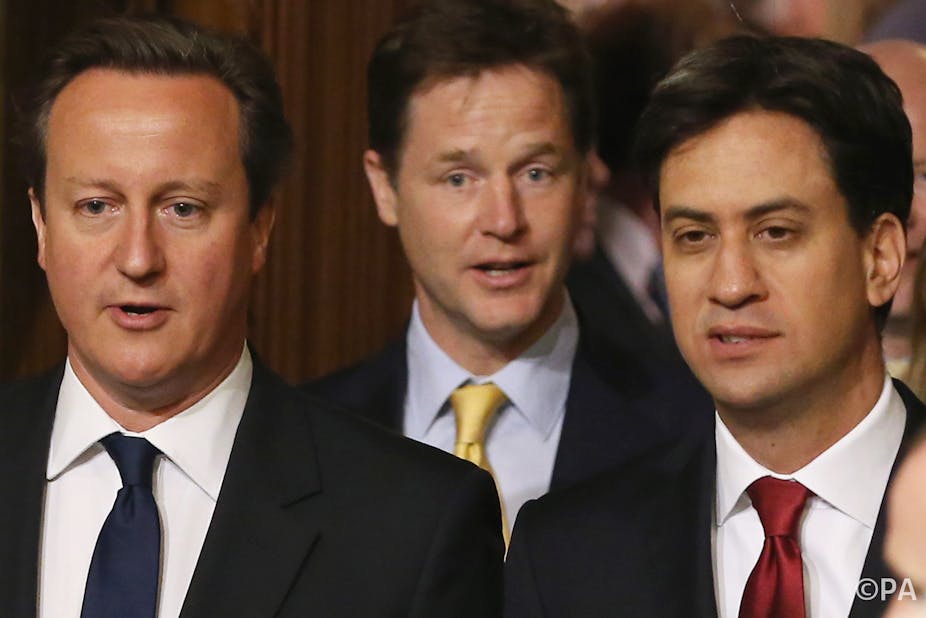Where do the Liberal Democrats fit in the landscape of British politics? In recent decades the party have stood on the sidelines – seen as the third party in a decidedly two-party system of politics. While the Conservative and Labour parties took turns to enter into government, the Liberal Democrats – due to the quirks of the first-past-the-post electoral system – failed to get into office, despite routinely securing around 20% of the public vote.
Then, with the advent of coalition government, the Liberal Democrats were swept into power and the dynamics of British party politics were seemingly redefined. No longer was two-party politics predominant; the public were willing to depart from convention and favour smaller parties. In theory, this change should have been music to the ears of the Liberal Democrats. But in practice it has raised an array of problems about the party’s identity and electoral message.
Out with the old, in with the new
Over recent electoral campaigns, the Liberal Democrats assumed the status of the “outsider”. They campaigned to reform the existing system and promised to inject new ideas and marginalised voices into political debate. The choice, they argued, was between an “old” politics typified by “two old parties that have been playing pass the parcel with your government for 65 years now making the same old promises, breaking the same old promises”, and a “new” politics epitomised by the Liberal Democrats.
This message allowed the party to attract votes from different supporters who each projected their own understanding of what “new” politics would mean in practice. In essence, if you were fed up with Labour and the Tories, the Liberal Democrats were the obvious third choice.
Since gaining power, however, the dynamics have shifted. In entering office, the party shed its outsider, alternative image and have attempted to show their credentials as a mainstream, “establishment” party. In their recent party political broadcast Nick Clegg argued that “Liberal Democrats are campaigning to make your lives better” by working in local communities to “fix your roads, or protect your local health services”, or in government to fix the economy, cut taxes and create more apprenticeships. In this way the party leader has sought to craft a new identity in which the Liberal Democrats are no longer outsiders, but are bringing about real change in office.
Still a third wheel
In offering this message and seeking to cultivate a more mainstream political identity, the party have, however, been frustrated by the conventions of British politics.
The dynamics of the proposed televised leadership debates reveal this point well. Despite the Liberal Democrats’ new-found power, the logic of two-party politics prevails. In deciding the format of debates broadcasters have asserted their desire for “a head-to-head debate between the two individuals who could become prime minister”, a format which excludes the Liberal Democrats and reinforces the preeminence of two-party politics.
Where the party do gain a platform at the debates, they will be accompanied by the Green Party, UKIP, the Scottish National Party and Plaid Cymru – parties which now occupy the outsider status which the Liberal Democrats once claimed.
So, where do the Liberal Democrats stand? While in practice the system of two-party politics appears to be broken, this idea continues to have a strong hold over the public, the media and the political class. This makes it exceptionally difficult for the party to present a distinctive identity and amass electoral appeal.
As the party prepares to sign off on key policy points at its spring conference this weekend, an attempt will be made to seize the political agenda and set the terms of debate. Cultivating a distinctive message will, however, be challenging. The Liberal Democrats no longer occupy the position of an alternative, outsider party able to critique those in power, but neither are they an establishment party seen as automatically capable of running the country. For these reasons it is unclear how exactly the Liberal Democrats will craft a distinctive identity likely to appeal to voters and maximise electoral support.

